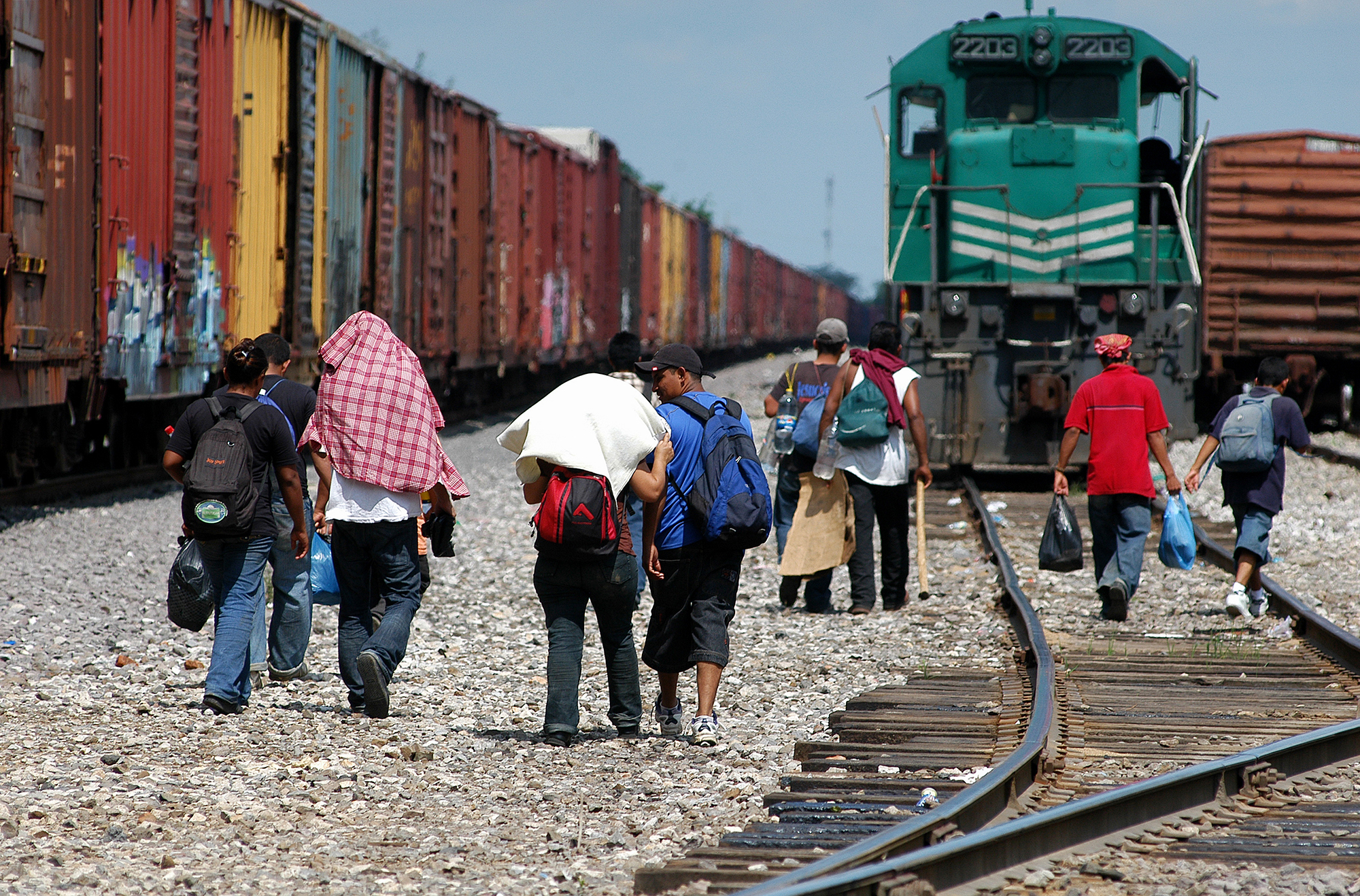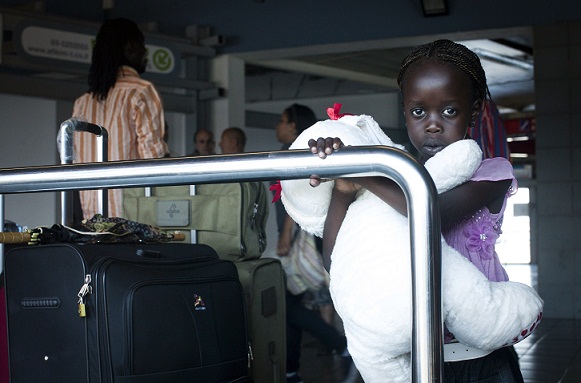Today 60 Iraqis were forcibly removed from the United Kingdom, Sweden, Norway and the Netherlands. They had applied for asylum and were denied. Ten Iraqis who were in the UK, 28 in Sweden and the rest of the Iraqis were flown today to Baghdad, and more are scheduled to be returned to Iraq next Wednesday.
The United Nations refugee agency UNHCR said that the Iraqis who are forcibly returned to Iraq are at grave risk, but Matthew Coats, head of immigration at the UK Border Agency, said “We are determined to remove those with no right to be in the UK,” according to BBC News.
About 2.7 million Iraqis are internally displaced, 1.5 are refugees in neighboring countries, and more are scattered in Europe and other parts of the world where they face being forcibly returned to Iraq.
The human rights situation in Iraq remains precarious, with suicide bombings, kidnappings, violence by militias and other armed forces taking place in most parts of Iraq every month.
Please join Amnesty International in calling on the British, Swedish, Norwegian and Netherlands governments to stop the forcible return of Iraqis.


